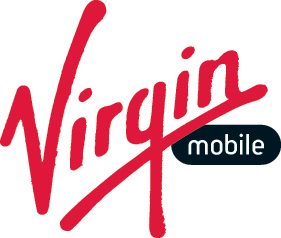Sprint’s Virgin Mobile USA brand rolled out a new entry-level, voice/messaging-only rate plan that breaks from the brand’s traditional focus on cellular data access.
The new plan runs $25 per month and includes unlimited domestic voice calling and messaging, with no stipulation for cellular data services. Instead, the offering pushes consumers to access data using Wi-Fi connectivity. The plan, which will be available to new customers through Sept. 2, is tied to a handful of select devices, including three that are LTE-equipped.
The plan comes in just below Virgin Mobile’s traditional offerings that all include unlimited messaging and cellular data with varying amounts of domestic voice calling. Those plans run from $35 per month for 300 calling minutes up to $55 per month for unlimited calling.
The new plan also looks to take a chunk out of Virgin Mobile’s entry-level PayLo offer that for $20 per month includes 400 calling minutes and charges 15 cents per message and $1.50 per megabyte of cellular data used.
Sprint recently reported that it lost 363,000 direct prepaid customers during the first quarter, impacting what has traditionally been a growth outlet for the beleaguered operator. In addition to the Virgin Mobile brand, Sprint also offers no-contract services through its Boost Mobile, Sprint Prepaid and government-subsidized Assurance brands.
Sprint earlier this year altered pricing for both its Prepaid and Boost Mobile services. Those moves came just ahead of AT&T closing on its acquisition of Leap Wireless and subsequent re-launch of the no-contract Cricket brand.
Bored? Why not follow me on Twitter?

Virgin Mobile USA offers up Wi-Fi-focused plan
ABOUT AUTHOR
